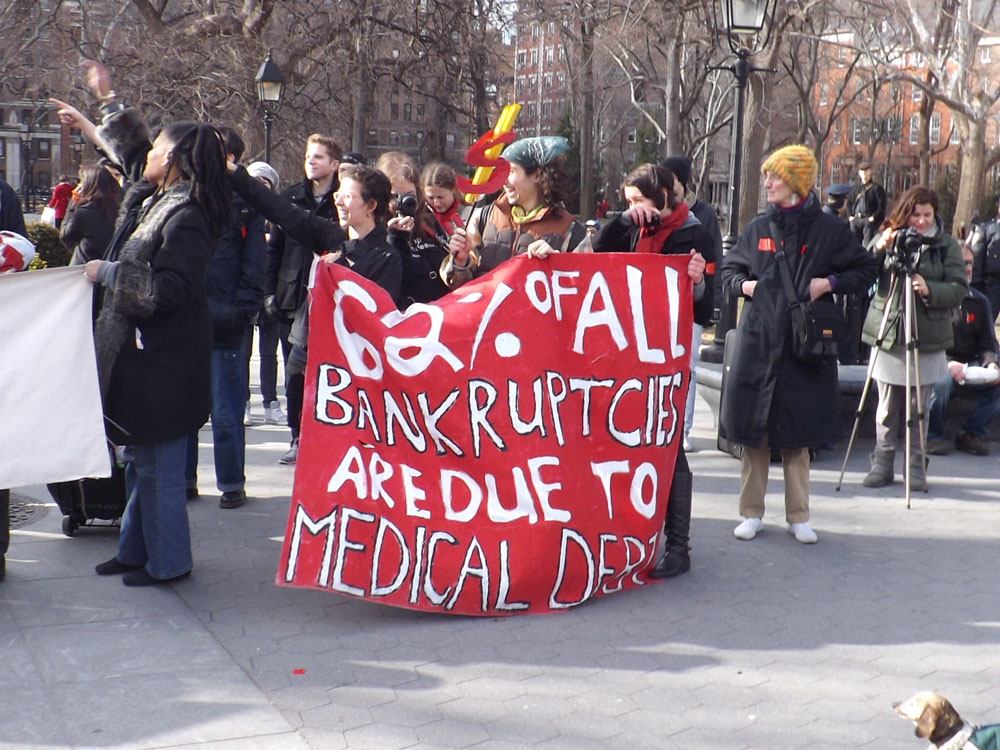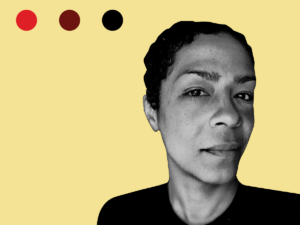
October 21, 2019; Block Club Chicago
On October 20th, five Chicago churches announced that they had partnered with RIP Medical Debt to forgive $5.3 million in medical debt burdening South and West Side neighborhoods. NPQ has covered a number of such church payments in the past few years.
The churches—Covenant United Church of Christ, St. Paul’s United Church of Christ, Mt. Pilgrim Missionary Baptist Church, Greater St. John Bible Church, and Trinity Church of Christ—raised $38,000 from parishioners in September, which RIP will use to buy, and then forgive, more than $5 million in debt. Church leaders focused on residents in three zip codes, which included the low-income neighborhoods of Englewood, Auburn Gresham, Washington Heights, and Roseland, where a third of families are trapped in underwater mortgages.
RIP Medical Debt emerged from the Occupy movement, but became more popularly known in 2016, when John Oliver partnered with the organization to forgive $15 million in medical debt. The nonprofit has since acquired and forgiven nearly $1 billion in medical debt. The organization states on its website that Americans families owe about $1 trillion in medical debt accumulated over the last decade.
Sign up for our free newsletters
Subscribe to NPQ's newsletters to have our top stories delivered directly to your inbox.
By signing up, you agree to our privacy policy and terms of use, and to receive messages from NPQ and our partners.
Medical debt drives about two-thirds of household bankruptcies, according to a February 2019 CNBC report. Reverend Otis Moss III, senior pastor of Trinity Church, told Block Club Chicago, “Medical debt is the number one driver of people losing their homes. You lose your home, you lose not only your wealth, but any wealth to be passed to your children.” For Black families, the Reverend noted, this cycle is pernicious, because “wealth in the Black community is rooted in home ownership.”
Rather than wealth being passed between generations, Moss sees debt being passed on. “It becomes a cycle of debt, and this predatory debt collection, where they’re collecting debt for pennies on the dollar, is essentially making money off of people’s misery,” he says.
In recent months, NPQ has highlighted the predatory practices of hospitals seeking to collect on medical debt from low-income patients, including their own staff. In light of investigative reporting from ProPublica, a number of hospitals have decided to review their debt collection policies. In combination with the debt forgiveness movement, these actions could begin to turn the tide, lowering the burden of medical debt across the nation.
Focusing attention on the root cause of the problem of medical debt, Reverend Traci Blackmon, an associate general minister of the United church of Christ in Cleveland, Ohio, noted, “We got here because of greed. This isn’t a problem we had to have, it was a problem we created to keep a wealth margin between the haves and the have-nots. The church must not only be about charity, the church must be about justice. Charity helps in the present situation; justice dismantles oppressive systems, and that’s what we must keep in mind.”—Karen Kahn













